The normalization of relations between Myanmar and the USA translates by an official lift of economic sanctions, which were imposed for many decades by American on the Burmese government. The lifting will also certainly help to boost investments, including tourist infrastructures.
WASHINGTON- News Agency AP reported on Wednesday about the decision of President Obama administration to give permission for American companies to invest in Myanmar and work with its state oil and gas enterprise, a go-ahead that marks the most significant easing of US sanctions against Myanmar.
At the same time, the administration expanded US Treasury authority to punish those who undermine the nascent political reforms and sanctioned a Myanmar military industry involved in a deal for ballistic missile technology from North Korea.
The new restrictions, imposed even as the 15-year-old ban on investment and export of financial services was eased, underscored how far the country also known as Burma has to go before it truly cleans shop after five decades of military rule.
“Today, the United States is easing restrictions to allow U.S. companies to responsibly do business in Burma,” President Barack Obama said in a statement that credited reformist President Thein Sein and democracy leader Aung San Suu Kyi for continued progress toward democracy but also voiced deep concern over the murky investment environment.
The announcement came hours after Derek Mitchell, the first U.S. ambassador to Myanmar in 22 years, presented his credentials in the Asian nation’s remote capital. Washington has normalized diplomatic relations, the culmination of a three-year push to help Myanmar out of international isolation and lessen its reliance on its chief but distrusted ally, China.
But human rights groups and business advocates are increasingly at odds over how Washington should respond to the changes in Myanmar, and Wednesday’s announcement exposed a rare difference between the administration and Suu Kyi, long a guiding force on U.S. policies toward the country.
Last month, the Nobel Peace laureate advised foreign companies not to invest in the state-run Myanma Oil and Gas Enterprise until it became more accountable and open. Doing business with the oil company is the only way to gain access to Myanmar’s potentially lucrative energy resources, and U.S. companies fear with that without that opportunity, they will lose out to foreign competitors.
The administration argued that working with U.S. companies — that face tough anti-corruption constraints under US law — could improve the situation.
But human rights organizations seemed unfazed by the step taken by the US Government in Myanmar. “By allowing deals with Burma’s state-owned oil company, the U.S. looks like it caved to industry pressure and undercut Aung San Suu Kyi and others in Burma who are promoting government accountability,” said Arvind Ganesan of Human Rights Watch.
Aung Din of the US Campaign for Burma, a Washington-based activist group, said the decision “will be appreciated by the Burmese generals, cronies and US corporations, but not by the people of Burma.”
The US Chamber of Commerce commended the easing of sanctions. Its vice president of international affairs, John Murphy, said every other major economy, including Australia, Canada, and the European Union, has moved more swiftly than the US, and continuing sanctions would have only added to the head start for Asian and European companies. “It’s a false choice to say we have to choose between human rights and business interests in Burma,” he said in a statement. “Ensuring US companies have a strong presence in Burma will help raise labor and environmental practices and corporate social responsibility.”
Western nations have moved swiftly in recent months to roll back sanctions, particularly after special elections that saw Suu Kyi elected to parliament after 15 years of house arrest. Governments have expressed hope that can bolster Thein Sein and help him win over military hardliners suspicious of the reform agenda and improve life in the impoverished nation.
Mindful of concerns over corruption and rights abuses, the administration said US companies with more than US$500,000 in aggregate new investment will be asked to file an annual report disclosing their procedures on human rights, land acquisitions, the environment and payments to Myanmar government entities. Additionally, companies have to notify the State Department within 60 days of investing with the Myanma Oil and Gas Enterprise.
American investment is still forbidden with military-owned companies, and the administration sanctioned the Directorate of Defence Industries, which it said had carried out missile research and development at its facilities in Myanmar, where North Korean experts are active. The administration said in November 2008 that military officials, including the directorate’s head, had signed a memorandum of understanding with North Korea to provide assistance to Myanmar to build medium-range, liquid-fuelled ballistic missiles, and in the past year, North Korean ships have continued to arrive at Myanmar’s ports carrying goods destined for its defence industries.
Photo: President Thein Sein (left) and democracy leader Aung San Suu Kyi (right)
Source: AP
Luc Citrinot a French national is a freelance journalist and consultant in tourism and air transport with over 20 years experience. Based in Paris and Bangkok, he works for various travel and air transport trade publications in Europe and Asia.













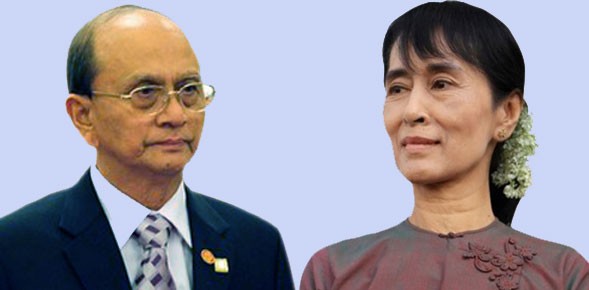









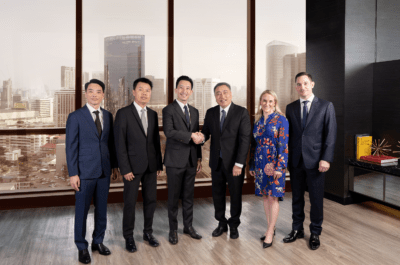
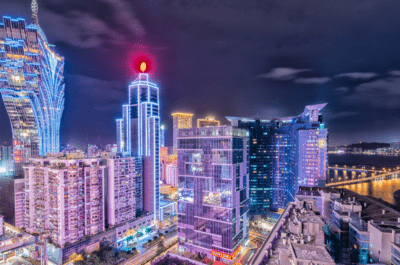
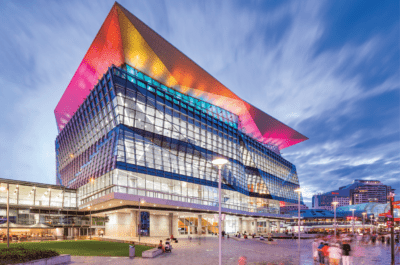



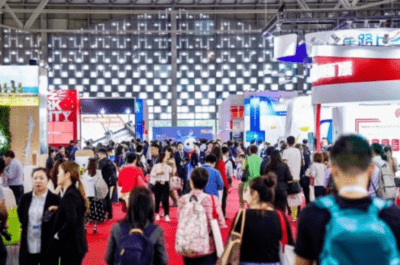


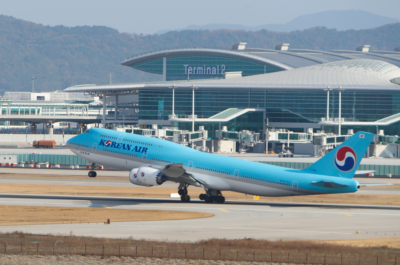















![[PR] PR_Ascott and Vimut Hospital_2024](https://www.traveldailynews.asia/wp-content/uploads/2024/04/PR-PR_Ascott-and-Vimut-Hospital_2024-400x265.jpg)


















